
The Women in Mining Communities (WomCom) Scholarship scheme, by the Minerals Income Investment Fund (MIIF), is emerging as a transformative model for bridging gender gap in technical education while empowering young women from Ghana’s mining communities.
The initiative which is fast becoming a blueprint for other African countries with rich mineral resources, was launched in June 2024, and forms part of MIIF’s Corporate Social Responsibility (CSR) strategy, designed to support brilliant but financially challenged female students to pursue higher education in Science, Technology, Engineering and Mathematics (STEM), particularly in mining-related disciplines.
Speaking in an interview, the President of Women in Mining Ghana, Dr Georgette Barnes Sakyi-Addo, described the WoMCom programme as “one of Ghana’s most impactful gender equity initiatives within the mining sector.”
She explained that several African countries were already studying the Ghanaian model as a blueprint for similar interventions in their resource-rich regions.
“By supporting young women to enter highly technical fields, the scholarship not only transforms individual lives but also strengthens Ghana’s human capital in engineering and related industries,” she stated.
Gender disparities
The intervention comes at a time when women remain significantly underrepresented in Ghana’s mining and engineering sectors.
According to the 2024 Ghana Statistical Service Report, women account for only 24 per cent of professionals in STEM-related fields, with far lower representation in engineering and computer science.
Similarly, a 2023 study by the Ghana Chamber of Mines revealed that women constituted just 10 per cent of the total workforce in the large-scale mining sector.
By focusing on young women from underserved mining communities where poverty levels often exceed the national average the WoMCom scheme aims to remove financial and systemic barriers that have historically hindered girls’ access to technical education.
The post MIIF’s WoMCom scholarship scheme becoming blueprint for Africa appeared first on The Business & Financial Times.
Read Full Story

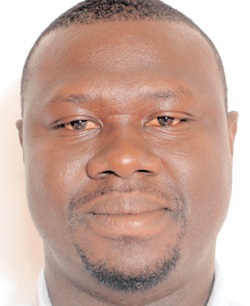
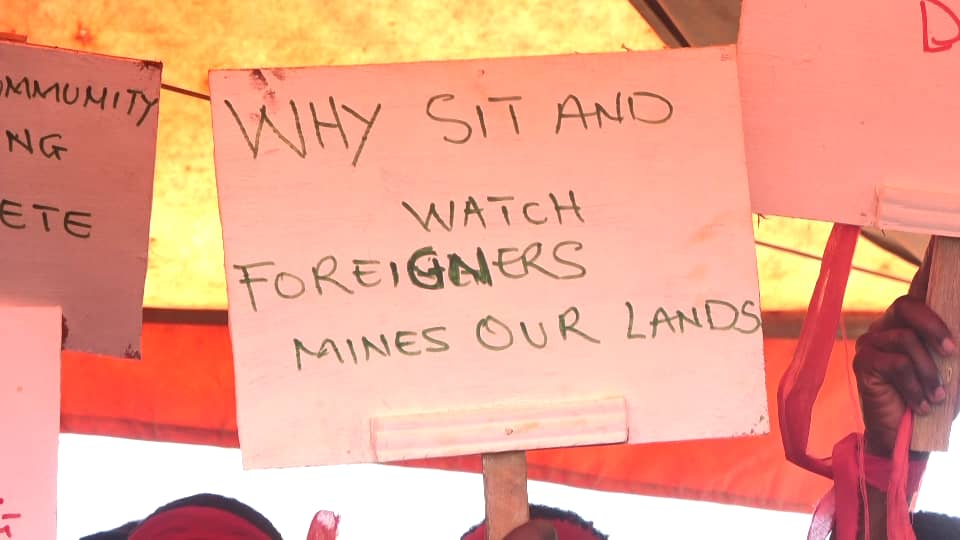



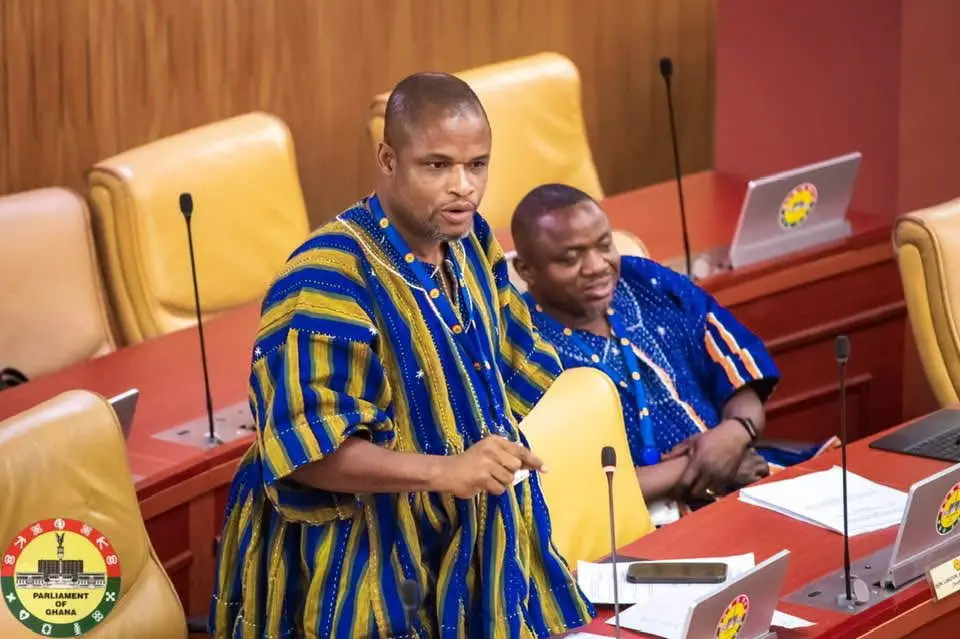






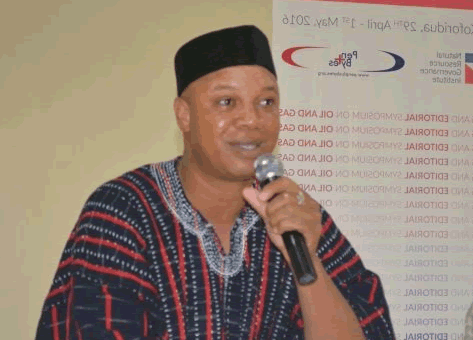



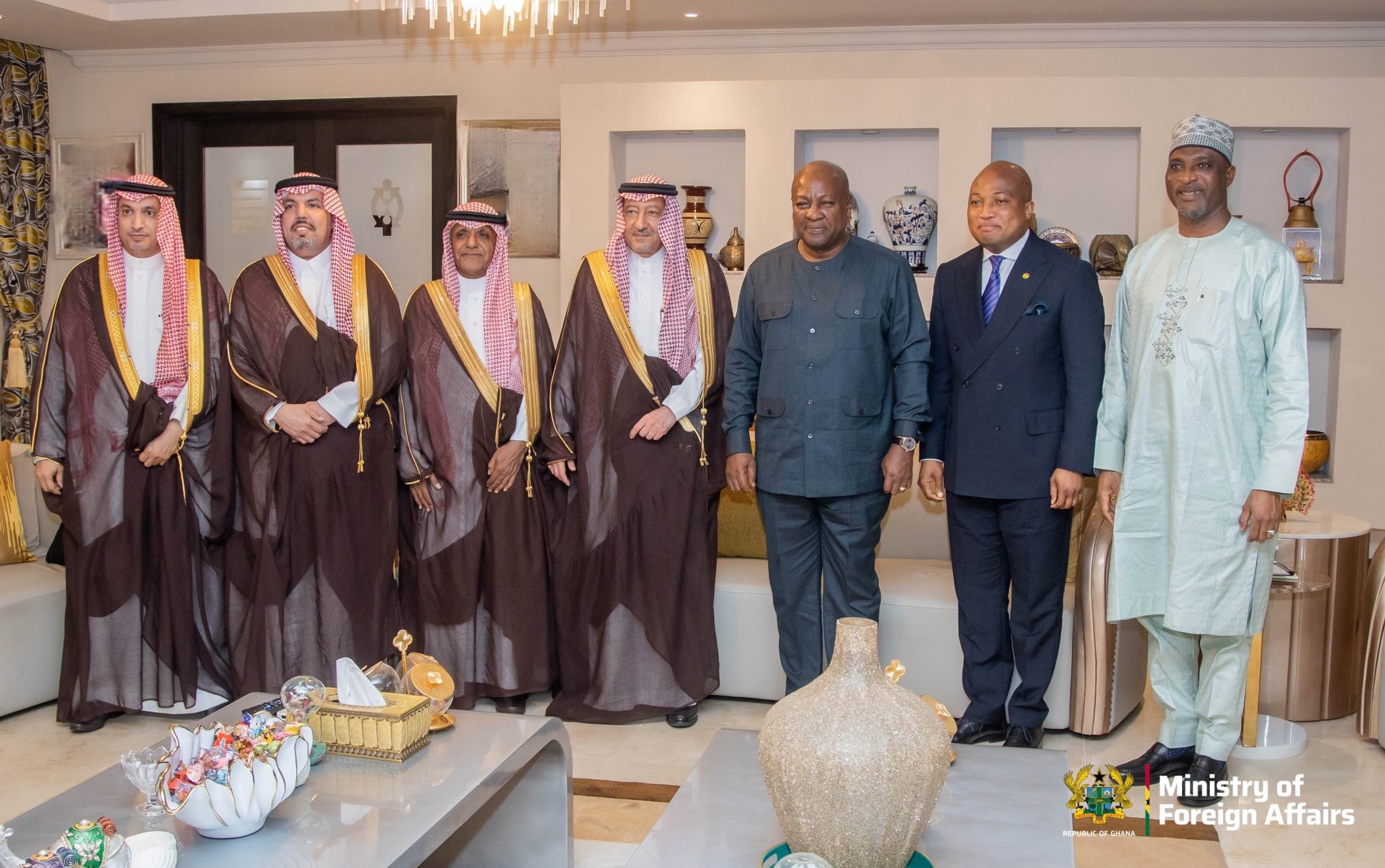

Facebook
Twitter
Pinterest
Instagram
Google+
YouTube
LinkedIn
RSS